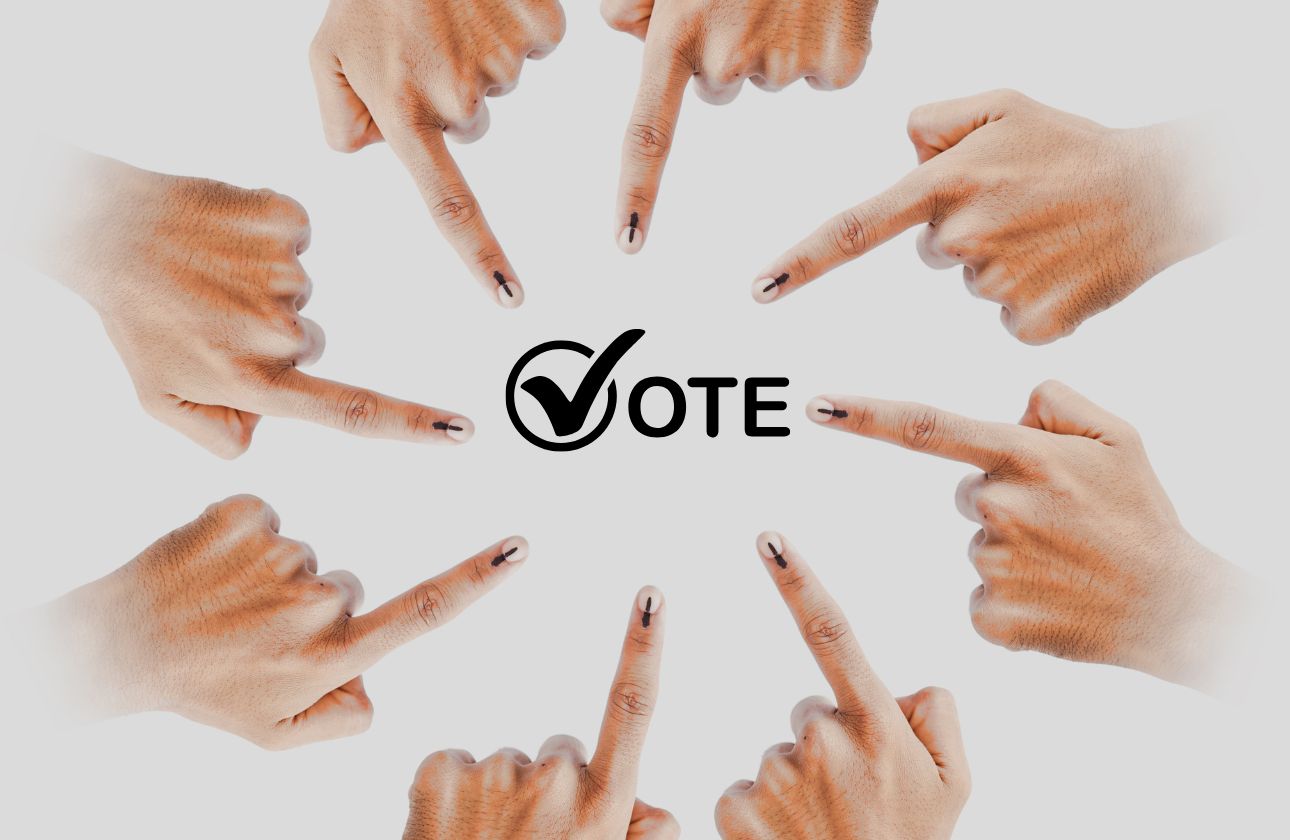Understanding the Importance of Voter Turnout in Elections
Elections are a fundamental part of democracy, offering citizens a chance to make decisions that impact their society and government. Among the many factors that influence the integrity of an election, voter turnout is one of the most significant. Voter turnout refers to the percentage of eligible voters who actually cast their ballots in an election. It holds great importance, and here's why:
-
Reflects the Will of the Majority
A high voter turnout ensures that the election results genuinely represent the desires of the majority. When more people vote, the outcome reflects a broader diversity of opinions, making it more likely that elected officials will cater to the needs of the entire population. -
Enhances the Legitimacy of Elections
Elections with higher voter participation are often viewed as more legitimate. When a large proportion of eligible voters engage in the process, the outcome has more credibility. Low turnout can lead to questions about the authenticity of the results and whether they reflect the true will of the people. -
Promotes Political Accountability
Higher voter turnout fosters political accountability. When citizens actively participate in the election process, politicians are more likely to stay accountable to their voters. Politicians know that if they do not address the concerns of the public, they could lose support in the next election. -
Ensures Inclusivity in Political Decision-Making
Voter turnout ensures that all sections of society have a say in the political process. Historically, underrepresented groups such as racial minorities, younger voters, and low-income communities have faced barriers to voting. High turnout helps these voices be heard, creating a more inclusive and equitable political environment. -
Prevents Skewed Election Results
When turnout is low, the results may reflect the opinions of only a small, often more vocal, demographic group. This can lead to policies that favor a select few. By increasing voter turnout, we ensure that the decisions made by elected officials represent a wider variety of citizens. -
Empowers Citizens to Shape the Future
Voting is a fundamental right and responsibility. Every vote matters and shapes the direction of the country. By encouraging higher voter participation, society can ensure that its future is shaped by the collective will of its citizens. -
Affects Policy Outcomes
Elections with higher voter turnout tend to produce more balanced policy outcomes. This is because elected officials are more likely to create policies that benefit a broader range of citizens when they know they are accountable to a larger voting population. -
Facilitates Social Change
When voter turnout is high, it often leads to significant social changes. Policies that affect healthcare, education, and social justice are influenced by the active involvement of the electorate. This ensures that the needs of various communities are considered when shaping government policies.
Voter turnout is a key pillar in the functioning of democracy. It is not only a measure of political engagement but also a vital factor that impacts the legitimacy, inclusivity, and accountability of elections. By increasing voter participation, we can ensure that our elections truly reflect the diverse opinions and needs of the society.



